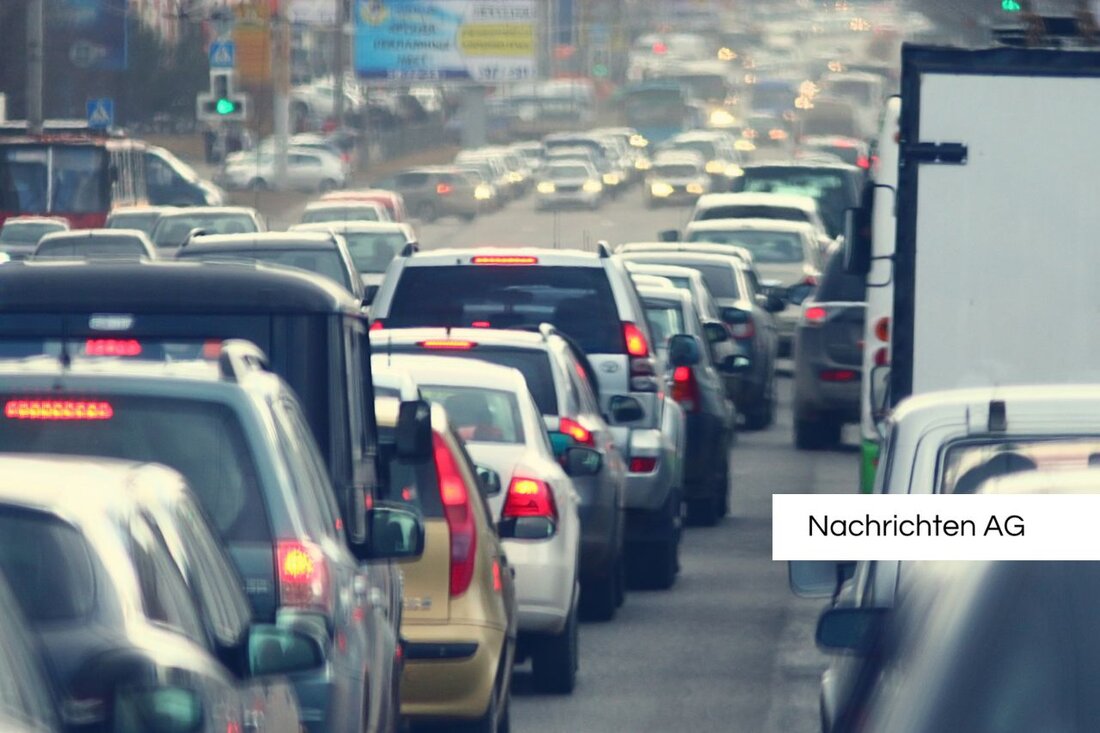Austria facilitates the employment of US researchers-a step to the future!
National Council decides on the Law on the easier employment of US researchers in Austria; Reaction to political developments in the United States.

Austria facilitates the employment of US researchers-a step to the future!
On June 16, 2025, the National Council in Austria decided to change the law for facilitating researchers from the USA at local universities. In view of the increasing pressure in the US science and university system, triggered by President Donald Trump's policy, the Austrian government reacts proactively. Science Minister Eva-Maria Holzleitner (SPÖ) characterized the developments in the USA as dramatic and criticized the massive cuts in financing and the restrictions for international students who have already shown numerous negative effects.
The new regulation stipulates that in ten percent of cases, universities can hire professors without lengthy tenders, while it was previously only five percent. This measure will initially apply until the end of September 2026 and shows the determination of Austria to gain international academic specialists, while the US universities are faced with internal challenges.
political framework in the USA
More than 100 universities, colleges and research organizations in the United States have severely criticized President Trump. They accuse the US government "unprecedented attacks and political interference" that endanger the university. Elite universities such as Harvard and Princeton in particular raised their voice and signed a public explanation to protest against the cuts. For example, Harvard was burdened with cuts of $ 2.3 billion and the impending withdrawal of tax exemption, which led to a lawsuit by the university.
The tense situation is further tightened by the order of US Foreign Minister Rubio to suspend the procedures for student visa. As a result, many prospective foreign students, including German, hesitate to go to the United States. Interested concerns about the possible consequences in visa processes or entry that could be tightened by Trump's policy.
reactions and declines
While politics in the USA donates uncertainty, a concern is also evident in Germany. The German Academic Exchange Service (DAAD) reports on a noticeable decline in applications and scholarships for studying in the USA. Michael Flacke, a spokesman for the DAAD, mentions a small number of resignations from German students, which reflects uncertainty about learning in the USA. A student, Georg, who in Washington D.C. studied, notes tensions at his university and the fear of international students for their study financing.
In the middle of these developments, a student, Natalia, Canada prefers the semester abroad in the United States. This shows how political tensions and uncertainties can affect academic exchange. Despite all the concerns, Georg has decided to return to the USA for an internship, which underlines that some students are willing to master the challenges associated with studying in the USAThe Austrian change in the law could be an interesting contrast in this context, since it aims to facilitate the employment of US researchers, while in the USA there is a critical situation that concerns many academic institutions and their international students.
In addition to these measures, a new digital student ID was decided, which is to be offered from the 2026 summer semester. This will be accessible via the "Evis" app and requires an electronic identity to promote integration into an increasingly digitized university landscape in Austria.
 Suche
Suche
